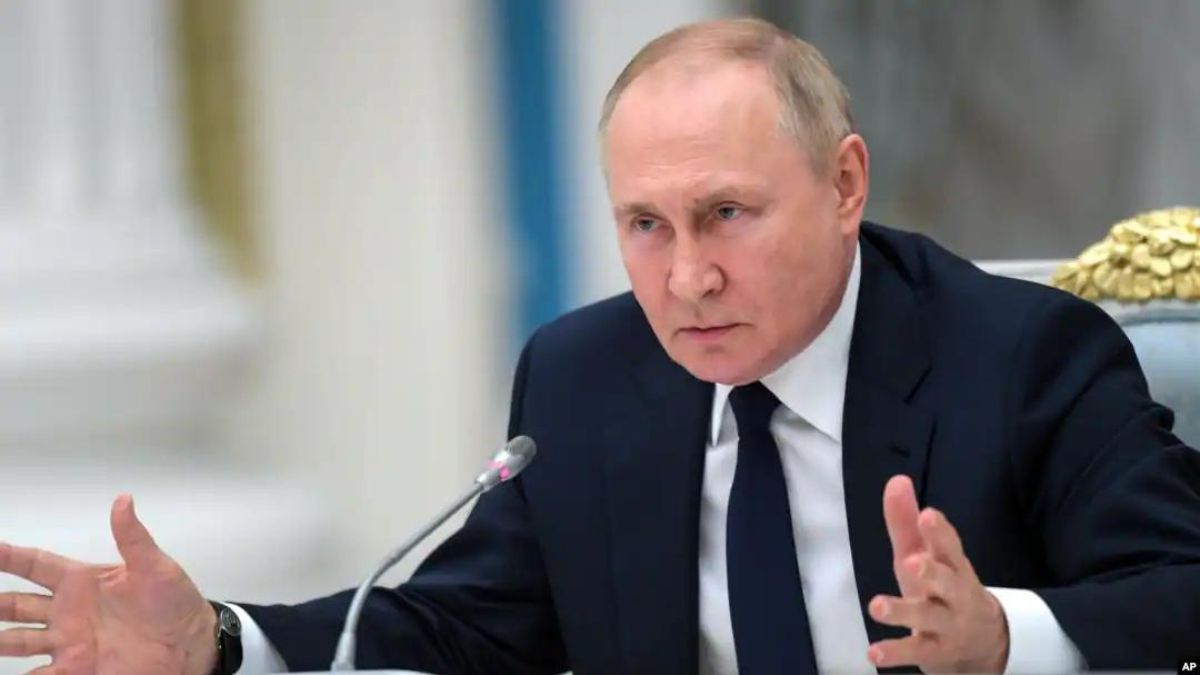Vladimir Russia Putin, Russia’s mysterious leader, has wielded enormous power in his country for nearly twenty years. Putin’s leadership, from the time he came to office in 1999 until the present, has influenced both domestic policy and international relations. Putin’s consolidation of power and the effect he has had on Russian domestic affairs and Russia’s international stature are explored in this article.
Ascension to Power
After being named Prime Minister by President Boris Yeltsin in August 1999, Vladimir Putin entered the public eye. Russia Putin took power after Yeltsin resigned on December 31, 1999, and immediately set out to remake Russia. At first, Putin worked on centralising power, combating corruption, and exercising authority over the wealthy oligarchs who had acquired fortunes during the unrest of the 1990s.
Consolidation of Power
Russia Putin rise to power was marked by a number of significant moments. He instituted changes that consolidated power, undermined political opponents, and increased government oversight of the news media. Putin successfully constructed a political atmosphere favourable to his reign by repressing dissent and political opposition. Putin became Prime Minister in 2008 while Dmitry Medvedev became President due to term limits in the constitution. Putin’s return to the presidency in 2012 was seen by many as a calculated move to keep control.
Domestic Policies and Socioeconomic Impact
Russia’s internal policies and socioeconomic landscape under Putin’s leadership were revolutionary. Putin enacted programmes to stabilise the economy, decrease poverty, and raise the quality of life for the average Russian citizen. Revenues from oil and gas exports drove significant economic growth in Russia under his presidency. However, Russia’s exposure to global energy market swings was exacerbated by its reliance on natural resources.
Challenges to Democracy and Human Rights
Democracy and human rights in Russia have been criticised during Putin’s presidency. His administration has been accused of stifling dissent, stifling journalistic freedom, and breaching human rights. Concerns about the state of democracy in the country have arisen as a result of events including the prosecution of opposition leaders, limits on civil society organisations, and crackdowns on protesters.
Geopolitical Influence
Russia Putin has worked to restore Russia’s standing as a major actor in international affairs. He’s taken an aggressive stance internationally, criticising US hegemony and pushing instead for a multipolar world. Russia’s annexation of Crimea in 2014 and military engagement in Syria have been widely condemned and have strained relations between Russia and the West.
Conclusion
Consolidation of power at home and abroad has been a hallmark of Russian leadership under Vladimir Russia Putin. The economy has grown and remained stable under his leadership, but some people say that’s at the expense of democracy and human rights. Putin’s bold foreign strategy has altered Russia’s position in the world and exacerbated relations with Western nations. Putin’s tenure as Russia’s president has had far-reaching effects on the course his country has taken.











